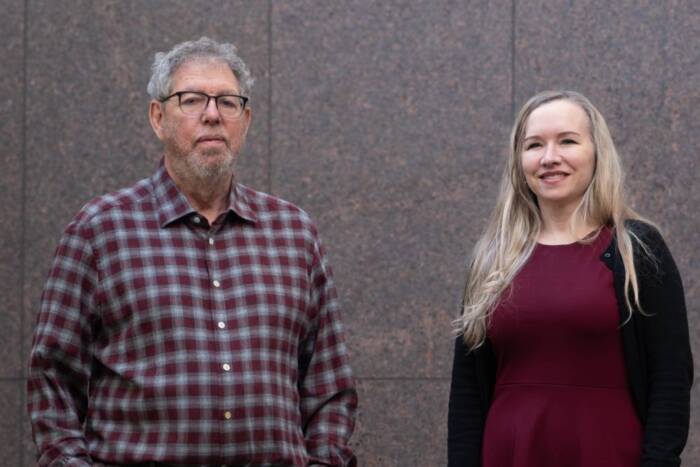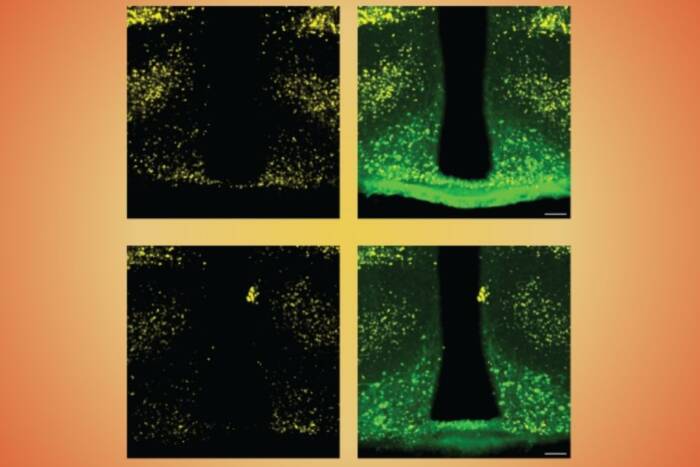Lederberg receives Presidential Medal of Freedom
President Emeritus Joshua Lederberg is one of 10 recipients of the Presidential Medal of Freedom, the nation’s highest civil award, President George W. Bush announced today.
Established by Executive Order 11085 in 1963, the Medal may be awarded by the president “to any person who has made an especially meritorious contribution to (1) the security or national interests of the United States, or (2) world peace or (3) cultural or other significant public or private endeavors.” President Bush will honor Lederberg and the other recipients at a White House ceremony on Friday, December 15, 2006.
“It is fitting that Josh Lederberg, who has served science so well through advisory roles in government and engagement with the public, be honored with this prestigious award,” says Rockefeller University President Paul Nurse.
Lederberg has made extraordinary contributions to science and academia, government and international affairs. A graduate of New York City’s Stuyvesant High School and Columbia College, he went on to earn a Ph.D. at Yale University in 1947. In the course of his doctoral research, he made the unexpected discovery that a form of sexual reproduction occurs in bacteria, demonstrating that bacteria possess a genetic mechanism similar to that of higher organisms, including humans. This work — which earned a Nobel Prize in Medicine in 1958, when Lederberg was 33 — helped lay the foundation for the current revolution in molecular biology and biotechnology.
In 1947 Lederberg joined the faculty of the University of Wisconsin, and in 1959 he moved to the Stanford University School of Medicine, where he founded the genetics department and also served as a professor of biology and computer science, pioneering the area of artificial intelligence. From 1978 to 1990, Lederberg was the fifth president of The Rockefeller University. Today, at Rockefeller, heads the Laboratory of Molecular Genetics and Informatics, which currently explores the ultimate limits governing the rate of bacterial growth.
Throughout his career, Lederberg has taken important advisory roles in government, serving as scientific counselor to world leaders on issues ranging from cancer and emerging infectious diseases to space exploration and biological weapons disarmament. He was co-chairman of the Carnegie Commission on Science, Technology and Government; chairman of the Congressional Technology Assessment Advisory Council; and chairman of the New York Academy of Sciences. He also has been a member of the U.S. Defense Science Board and a director of the Council on Foreign Relations.
In addition to the Nobel Prize and the Medal of Freedom, Ledeberg has received numerous awards, including the 1989 National Medal of Science.


